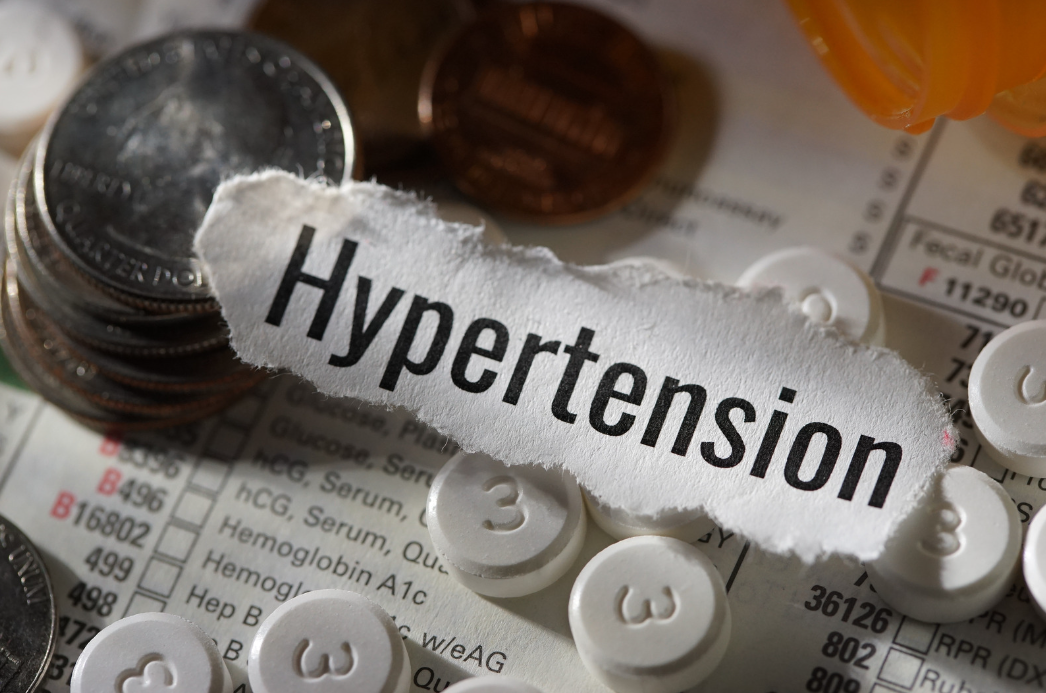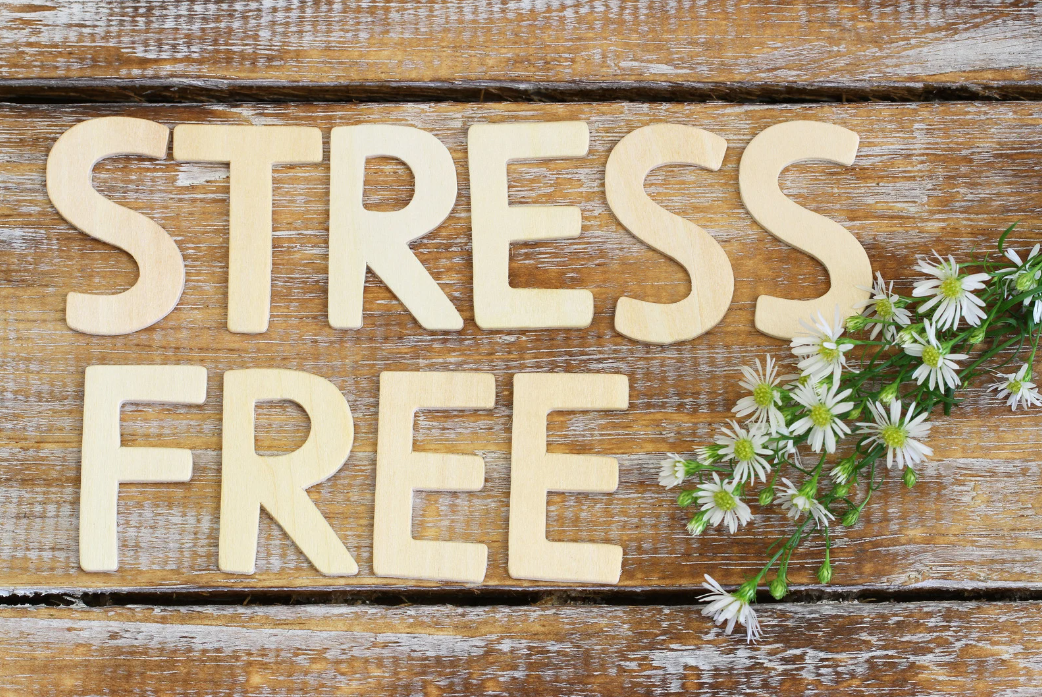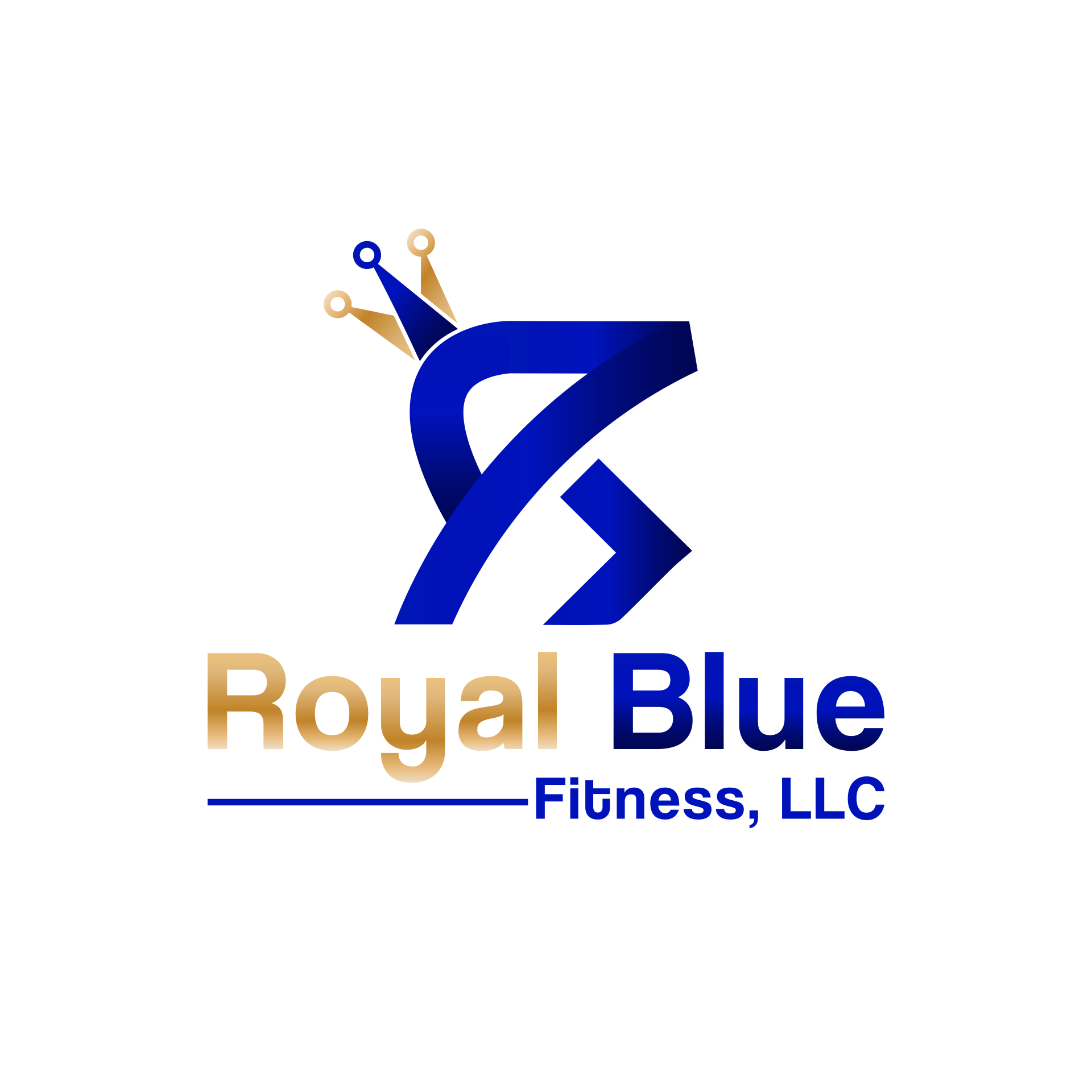The Silent Killer: Proactive Strategies for Controlling Hypertension
Introduction: The Silent Threat of Hypertension
Hypertension, commonly known as high blood pressure, is often dubbed the "silent killer" because it typically has no symptoms but poses a grave threat to health. This condition silently damages blood vessels and can lead to severe cardiovascular complications over time. Only through routine checks do many discover their condition, often after it has already wrought significant damage, highlighting the importance of exercise for hypertension control.
Globally, hypertension affects over a billion people, making it the most prevalent cardiovascular disease. In the United States alone, nearly half of adults (116 million) live with high blood pressure, according to the Centers for Disease Control and Prevention (CDC). Despite its prevalence, only a quarter of those affected have their condition under control, which underscores the challenge of managing this pervasive health issue.
The impact of uncontrolled hypertension is profound. It is a leading risk factor for heart attacks, strokes, and kidney failure. Without proper management, hypertension can cause irreversible damage to the heart and other vital organs, significantly diminishing quality of life and increasing mortality risk. Managing hypertension is not merely about lowering the numbers; it's about preventing these life-altering complications and promoting long-term health and well-being.
This article explores the multifaceted approach to controlling hypertension, emphasizing the vital roles of lifestyle changes, dietary adjustments, and regular physical activity. By understanding hypertension and adopting comprehensive strategies to manage it, individuals can mitigate risks and lead healthier lives. Join us as we delve deeper into how to combat this silent threat effectively.

Understanding Hypertension
Definition and Explanation
Hypertension, or high blood pressure, occurs when the force of blood pushing against the walls of blood vessels remains consistently high, which can eventually strain the heart and damage the arteries. This condition is crucial to the cardiovascular system because it forces the heart to work harder than usual, leading to its gradual weakening and potential damage to blood vessels in the kidneys, brain, and eyes.
Risk Factors
Several risk factors contribute to the development of hypertension, and they are generally categorized into modifiable and non-modifiable:
- Modifiable Risk Factors: These include obesity, a sedentary lifestyle, a high sodium diet, excessive alcohol consumption, and smoking. Managing these factors through lifestyle changes can significantly reduce the risk of developing hypertension.
- Non-Modifiable Risk Factors: Age, genetics, and family history are factors that cannot be altered. For instance, the risk of hypertension increases with age, and those with a family history of high blood pressure are more likely to develop it themselves.
Symptoms and Diagnosis
Hypertension is often symptomless, which is why it is so dangerous and commonly goes undetected until serious health issues arise. Individuals with high blood pressure may experience headaches, shortness of breath, or nosebleeds. Still, these signs are not specific and usually don't occur until high blood pressure has reached a severe or life-threatening stage.
The diagnosis of hypertension is straightforward, involving a blood pressure cuff. It's measured in millimeters of mercury (mm Hg) and given as two figures:
- Systolic pressure: the pressure when the heart pushes blood out.
- Diastolic pressure: the pressure when the heart rests between beats.
A 130/80 mm Hg or higher reading is generally considered hypertensive.
Common Prescription Medicines
Several classes of medications are commonly prescribed to manage hypertension, each working in different ways to lower blood pressure:
- Diuretics (water pills): Help the kidneys remove sodium and water from the body, which relaxes blood vessel walls.
- ACE inhibitors: Block the formation of a natural chemical that narrows blood vessels, allowing blood to flow more easily.
- Calcium channel blockers: Prevent calcium from entering heart and blood vessel muscle cells, leading to relaxed blood vessels.
- Beta-blockers: Reduce the workload on the heart and open blood vessels, causing the heart to beat slower and with less force.
These medications are often combined to effectively manage blood pressure, depending on individual health profiles and other medical conditions.

The Role of Exercise for Hypertension Control
Exercise Recommendations
Regular physical activity is crucial for individuals managing hypertension, as it helps lower blood pressure naturally. The American Heart Association (AHA) recommends:
- Aerobic Exercise: At least 150 minutes of moderate-intensity or 75 minutes of vigorous-intensity aerobic exercise per week. Activities can include walking, jogging, cycling, swimming, or dancing. It's advisable to spread these sessions throughout the week to aid in blood pressure management consistently.
- Strength Training: Incorporating moderate- to high-intensity muscle-strengthening activities on two or more days a week enhances cardiovascular health by improving muscle strength and endurance.
Benefits of Exercise
Exercise serves as a powerful tool in reducing and managing hypertension for several reasons:
- Enhances Cardiac Function: Regular physical activity strengthens the heart muscle, allowing it to pump blood more efficiently and lowering the pressure in the arteries.
- Improves Arterial Health: Exercise helps increase the flexibility of the blood vessels, making them better able to expand and contract.
- Aids Weight Management: Being overweight or obese is a significant risk factor for hypertension. Exercise effectively controls weight, directly contributing to lower blood pressure levels.
General Considerations for Exercise
When incorporating exercise into a routine for hypertension management in Pleasant Hill, several precautions should be considered:
- Start Slowly: Gradually increase the intensity and duration of workouts to prevent sudden spikes in blood pressure.
- Monitor Blood Pressure: Especially in the beginning, it's essential to monitor blood pressure before and after physical activity to observe how your body responds to exercise.
- Stay Consistent: Regularity is vital in exercise for hypertension management. Irregular, intense workouts can be less practical or even dangerous.
Exercise Interactions with Medications
Exercise can influence the effectiveness of blood pressure medications and vice versa:
- Diuretics and Hydration: If you're taking diuretics, it's crucial to ensure proper hydration during exercise, as these medications increase urine production, which can lead to dehydration.
- Beta Blockers: These medications can limit the heart rate response to exercise. Individuals on beta blockers might need to adjust their exercise intensity to ensure they exercise effectively.
- Blood Pressure Response: Medications might alter the typical blood pressure response during exercise. Understanding these responses and possibly adjusting the medication timing around exercise sessions is essential.
By understanding these guidelines and considerations, individuals can safely incorporate exercise for hypertension control to lower blood pressure and enhance cardiovascular well-being.

Dietary Strategies for Hypertension
Healthy Eating Habits
Managing hypertension effectively requires thoughtful dietary choices that support heart health and regulate blood pressure. Consistency in eating balanced meals throughout the day can help maintain stable blood pressure levels. At the same time, mindful portion control can prevent weight gain, a significant risk factor for hypertension.
Specific Foods and Nutrients
Incorporating certain foods and nutrients can significantly influence blood pressure management:
- Potassium-rich foods: Include bananas, potatoes, avocados, and spinach in your diet. Potassium helps balance the amount of sodium in your cells, and not getting enough can lead to high blood pressure.
- Low-Sodium Options: The Food and Drug Administration (FDA) recommends limiting sodium intake to less than 2,300 milligrams a day, or about one teaspoon of salt. Use herbs and spices instead of salt to flavor meals.
- Fiber: Foods high in fiber, such as whole grains, fruits, and vegetables, can improve blood pressure and overall heart health.
- Omega-3 Fatty Acids: Incorporate sources like salmon, flaxseeds, and walnuts. Omega-3 fatty acids can decrease blood pressure, reduce arterial stiffness, and improve vascular function.
Foods to Avoid
Certain foods can exacerbate hypertension and should be consumed in moderation:
- High-Sodium Foods: Avoid or limit canned soups, deli meats, and fast foods, which often contain high sodium levels.
- Trans and Saturated Fats: These fats can increase the risk of coronary artery disease by raising blood pressure and contributing to arterial blockage. Limit fried foods, baked goods, and other foods containing hydrogenated oils.
Hydration
Proper hydration is crucial for maintaining vascular health and managing blood pressure:
- Water Intake: Drink plenty of water daily. Proper hydration helps the heart pump blood more efficiently and aids in maintaining optimal blood pressure levels.
- Limit Caffeine and Alcohol: Both can affect blood pressure. Moderate consumption of coffee, tea, and alcoholic beverages is essential to avoid potential blood pressure spikes.
Dietary Sodium Recommendations
According to the FDA, reducing sodium intake to below 2,300 milligrams daily can help control hypertension. Studies show that a lower sodium intake can enhance heart health and reduce blood pressure. For individuals with hypertension or heart disease or who are middle-aged and older, a further reduction to 1,500 milligrams per day can be even more beneficial.
Adhering to these dietary strategies can help individuals with hypertension effectively manage their condition and reduce the risk of cardiovascular complications. A low-sodium diet, balanced nutrient intake, and proper hydration form a solid foundation for maintaining healthy blood pressure and improving overall heart health.

The Impact of Stress on Hypertension
Understanding the Connection
Stress has a direct and significant impact on hypertension, primarily through the activation of the sympathetic nervous system, which triggers a series of physiological responses known as the "fight or flight" reaction. During stressful events, the body releases stress hormones like adrenaline and cortisol, which increase heart rate and constrict blood vessels, leading to temporary spikes in blood pressure. If stress is chronic, these temporary spikes can lead to sustained high blood pressure, exacerbating hypertension and increasing the risk of developing related cardiovascular complications.
Furthermore, stress can indirectly influence blood pressure by promoting unhealthy behaviors. Under stress, individuals may engage in habits such as poor dietary choices, increased alcohol consumption, and reduced physical activity, all of which can adversely affect blood pressure control.
Stress Reduction Techniques
Managing stress is a crucial component of hypertension care. Here are several effective techniques to reduce stress and its impact on blood pressure:
- Regular Physical Activity: Exercise is one of the most effective ways to combat stress. Activities like walking, jogging, or yoga can help reduce the production of stress hormones and increase the release of endorphins, the body's natural painkillers, and mood elevators.
- Mindfulness and Meditation: These practices help center the mind and reduce stress by focusing on the present moment. Techniques such as guided imagery, mindfulness meditation, or progressive muscle relaxation can lower stress levels and blood pressure.
- Adequate Sleep: Quality sleep is essential for stress reduction. Most adults need between 7 and 9 hours of sleep per night. Good sleep helps regulate stress hormones and maintain healthy blood pressure.
- Deep Breathing Techniques: Breathing exercises can help calm the nervous system and reduce stress. Practices such as abdominal breathing, diaphragmatic breathing, or paced respiration can be particularly effective in managing acute stress and reducing blood pressure spikes.
- Professional Counseling: For chronic stress, speaking with a psychologist or counselor can help develop effective coping strategies to manage stressors more effectively. Cognitive-behavioral therapy (CBT) is one such approach that has been shown to be effective in reducing stress and anxiety and managing hypertension.
- Social Support: Engaging with friends, family, or support groups can provide emotional support and reduce stress. Social interactions can offer a sense of belonging and self-worth, which are important for mental health and can indirectly influence physical health, including blood pressure.
By incorporating these stress management techniques, individuals with hypertension can not only lower their stress levels but also mitigate its impact on their blood pressure, contributing to overall heart health and well-being.

Royal Blue Fitness's Holistic Approach to Hypertension Management in Pleasant Hill
Comprehensive Hypertension Management Program
At Royal Blue Fitness, we understand that managing hypertension requires a multifaceted approach. Our comprehensive hypertension management program is designed to address the unique needs of each client, integrating personalized fitness plans, dietary advice, and stress management techniques into a cohesive strategy for health optimization.
- Personalized Fitness Plans: We create customized exercise routines that cater specifically to individuals with hypertension. These plans focus on safe and effective workouts that include a mix of aerobic, strength, and flexibility training, tailored to improve cardiovascular health and reduce blood pressure.
- Dietary Advice: Nutrition is pivotal in managing hypertension. Our nutritionists work closely with clients to develop heart-healthy eating plans that emphasize low sodium, high potassium, and balanced nutrient intake. We focus on educating clients about food choices that can naturally lower blood pressure, such as whole grains, fruits, vegetables, lean proteins, and healthy fats.
- Stress Management Techniques: Recognizing the role of stress in hypertension, we provide our clients with practical tools to manage stress. Techniques include guided meditation, yoga, and personalized stress reduction strategies that help mitigate the daily pressures contributing to high blood pressure.
Highlighting Goals and Outcomes
The ultimate goal of Royal Blue Fitness is not just to manage hypertension but to enhance overall health and quality of life. We aim to guide our clients towards achieving the following outcomes:
- Improved Blood Pressure Control: Through regular monitoring and tailored interventions, we help clients maintain or achieve optimal blood pressure levels.
- Enhanced Cardiovascular Health: Our programs are designed to strengthen the heart and blood vessels, reducing the risk of heart disease and stroke associated with hypertension.
- Lifestyle Modification: We support clients in making sustainable lifestyle changes that positively impact their health. This includes incorporating physical activity into their daily routine, adopting a heart-healthy diet, and effectively managing stress.
- Education and Empowerment: We believe in educating our clients about their health conditions and the reasons behind each aspect of their personalized plan. This knowledge empowers them to take control of their health and make informed decisions.
At Royal Blue Fitness, we are committed to providing our clients with the support, knowledge, and tools necessary to manage their hypertension effectively. Our holistic approach ensures that each client receives personalized care tailored to their specific needs, setting them on a path to improved health and well-being.
Conclusion: Empowering Your Health Journey
As we conclude our exploration of managing hypertension, it's clear that a proactive approach is essential for controlling this pervasive health condition. Hypertension, often called the "silent killer," requires vigilant management due to its lack of symptoms and severe impact on overall health. By understanding the nature of hypertension, acknowledging its risk factors, and recognizing the subtle signs, individuals can take significant steps toward safeguarding their cardiovascular health.
The discussions have highlighted the critical role lifestyle modifications—such as regular physical activity, a balanced diet, and effective stress management—play in controlling blood pressure. These changes improve cardiac function and arterial health and enhance overall life quality, offering a solid foundation for long-term health and vitality.
Working with Royal Blue Fitness offers numerous benefits in managing hypertension. Our comprehensive hypertension management program is tailored to meet the unique needs of each individual, focusing on:
- Customized exercise plans that cater specifically to reducing and managing blood pressure.
- Nutritional guidance prioritizing heart-healthy eating habits and effective dietary strategies.
- Stress reduction techniques help mitigate one of the key contributors to high blood pressure.
Our dedicated team is committed to guiding you toward improved health outcomes, emphasizing blood pressure control and overall health enhancement. By partnering with Royal Blue Fitness, you gain access to expert knowledge, support, and resources that empower you to take control of your health, making informed and health-positive decisions every day.
We invite you to take the proactive steps outlined in this article, engage with our specialized services, and embark on a transformative journey toward a healthier and more fulfilling life. With
Royal Blue Fitness, you are not alone in this journey; we support, guide, and celebrate every step you take toward achieving and maintaining optimal health and blood pressure control.
Resources for Managing Hypertension
For further information, guidance, and support on managing hypertension effectively, consider exploring these resources from reputable organizations:
- American Heart Association (AHA): Provides comprehensive information on hypertension, including tips for monitoring blood pressure, lifestyle changes for managing hypertension, and community support resources. The AHA also offers guidelines for physical activity and heart-healthy eating specific to hypertension management. Visit AHA
- Centers for Disease Control and Prevention (CDC): Offers extensive educational materials on the prevention and treatment of high blood pressure. The CDC's resources include data on the prevalence of hypertension in the U.S. and proven strategies for blood pressure control. VisitCDC
- National Heart, Lung, and Blood Institute (NHLBI): Part of the National Institutes of Health, NHLBI provides in-depth guides on how to manage and treat hypertension. It includes advice on effective dietary approaches to stop hypertension (DASH diet) and tips on physical activity and weight management. VisitNHLBI
- Mayo Clinic: Provides practical lifestyle tips and home remedies focused on what helps bring blood pressure down, such as healthy eating, weight control, and heart-friendly habits. Their resources also include information on understanding and using the glycemic index for dietary management of hypertension. Visit MayoClinic
- Harvard Health Publishing: Offers insights into the latest research on hypertension, including detailed articles on nutrition and hypertension, benefits of exercise, and mindfulness strategies for stress reduction. Visit Harvard Health
These resources can help you gain a deeper understanding of hypertension and provide practical tools and tips for managing your blood pressure effectively through lifestyle changes, nutrition, and exercise.
Here are our latest articles! Click to read more.




